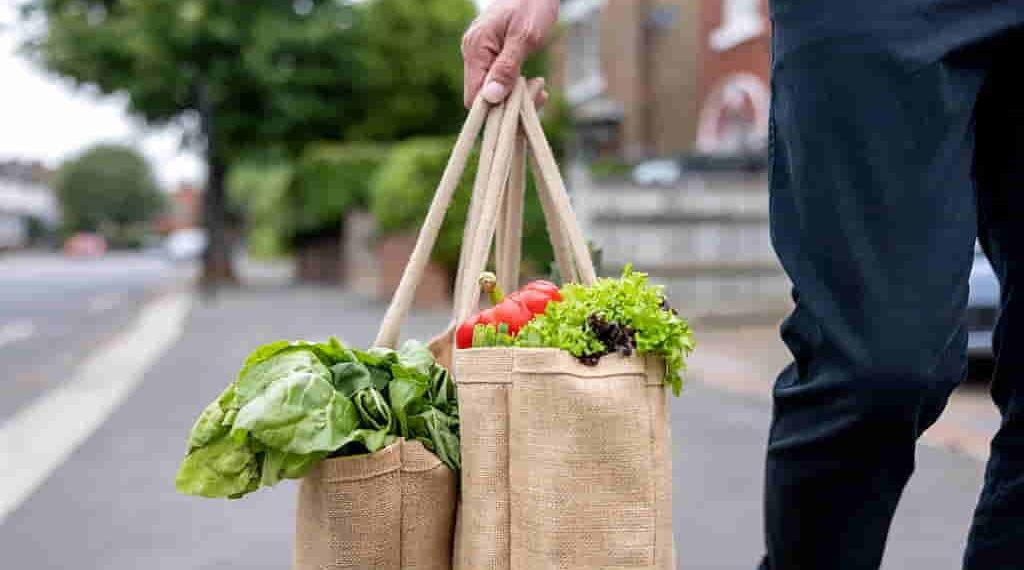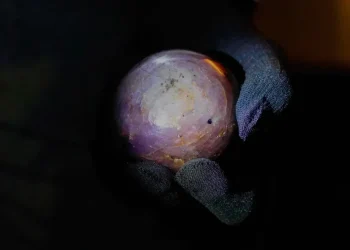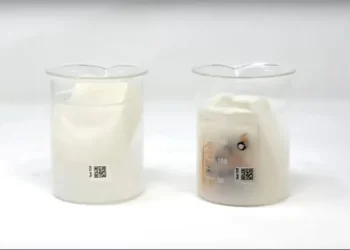Seven Proven Ways to Help the Planet in 2025: Practical Steps for a Sustainable Future
As climate change continues to accelerate, the urgency to act has never been greater. While systemic change is critical, individual actions can collectively contribute significantly to reducing emissions. Here are seven impactful ways you can make a difference in 2025.
1. Adopt a Plant-Based Diet
Reducing meat consumption is one of the most effective ways to lower greenhouse gas emissions. Livestock production is a significant contributor to methane and nitrous oxide emissions, both of which are far more potent than carbon dioxide.
- Why it matters: A vegan diet emits just 25% of the carbon compared to a meat-heavy diet.
- How to start: Gradually replace meat with plant-based meals. Explore vegetarian or vegan recipes to find options that work for you.
- Impact: Less water usage, reduced harm to biodiversity, and a significant reduction in carbon emissions.
2. Choose Trains Over Planes
Transportation accounts for 16% of global emissions, with flights being one of the most carbon-intensive modes of travel.
- Why it matters: Cutting back on flights can significantly reduce your personal carbon footprint.
- How to act: Use trains, buses, or carpool for longer distances. For shorter journeys, consider walking or biking.
- Impact: Reduced emissions, improved health, and opportunities for more meaningful travel experiences.
3. Buy Less, Buy Better Clothes
The fashion industry is responsible for 8-10% of global emissions. Fast fashion, in particular, drives unsustainable practices.
- Why it matters: The average person generates significant waste through discarded clothing.
- How to act: Buy second-hand, rent outfits, or upcycle your wardrobe. Wash clothes less frequently to reduce microplastic pollution.
- Impact: Reducing waste, conserving resources, and fostering a more sustainable fashion industry.
4. Lower Your Pets’ Carbon Pawprint
Pets, while beloved, have a surprisingly high environmental impact due to their diet and waste.
- Why it matters: A cat’s lifetime CO2 emissions can equal driving 7,500 miles in a petrol car.
- How to act: Opt for pet food made from sustainable proteins, like fish or insects. Use recycled waste bags for cleanup.
- Impact: Reduced emissions and a more eco-friendly way to care for your furry friends.
5. Rethink Your Home Heating
Heating buildings is a significant contributor to global emissions, especially when reliant on fossil fuels.
- Why it matters: Renewable heating can cut emissions while saving on energy bills.
- How to act: Invest in heat pumps, solar thermal systems, or better insulation. Use energy-efficient solutions like draught excluders and thick curtains.
- Impact: A warmer home with a smaller carbon footprint and lower energy costs.
6. Invest in a Greener Pension
Your financial decisions, including where you save and invest, can have a significant impact on sustainability.
- Why it matters: Pension funds are massive investors in global markets, often financing fossil fuels.
- How to act: Research your pension provider’s sustainability policies. Consider switching to a provider focused on green investments.
- Impact: Leveraging your savings to support renewable energy and sustainable practices.
7. Cut Down on Single-Use Plastics
Plastic waste contributes to pollution and emissions, with devastating effects on ecosystems and human health.
- Why it matters: Plastic production is projected to double by 2050, consuming a significant share of global fossil fuels.
- How to act:
- Use reusable bags for shopping.
- Switch to beeswax wraps instead of cling film.
- Shop at zero-waste stores for refills.
- Avoid single-use utensils and carry a reusable kit.
- Impact: Reducing waste, protecting marine life, and lowering the environmental burden of plastics.
Final Thoughts
Making small, sustainable changes in your daily life can collectively create a significant impact on the planet. Whether it’s altering your diet, rethinking your travel habits, or making more conscious consumer choices, your actions can inspire others and contribute to a greener future.
What’s your first step toward sustainability in 2025?
This article was rewritten by JournosNews.com based on verified reporting from trusted sources. The content has been independently reviewed, fact-checked, and edited for accuracy, neutrality, tone, and global readability in accordance with Google News and AdSense standards.
All opinions, quotes, or statements from contributors, experts, or sourced organizations do not necessarily reflect the views of JournosNews.com. JournosNews.com maintains full editorial independence from any external funders, sponsors, or organizations.
Stay informed with JournosNews.com — your trusted source for verified global reporting and in-depth analysis. Follow us on Google News, BlueSky, and X for real-time updates.













